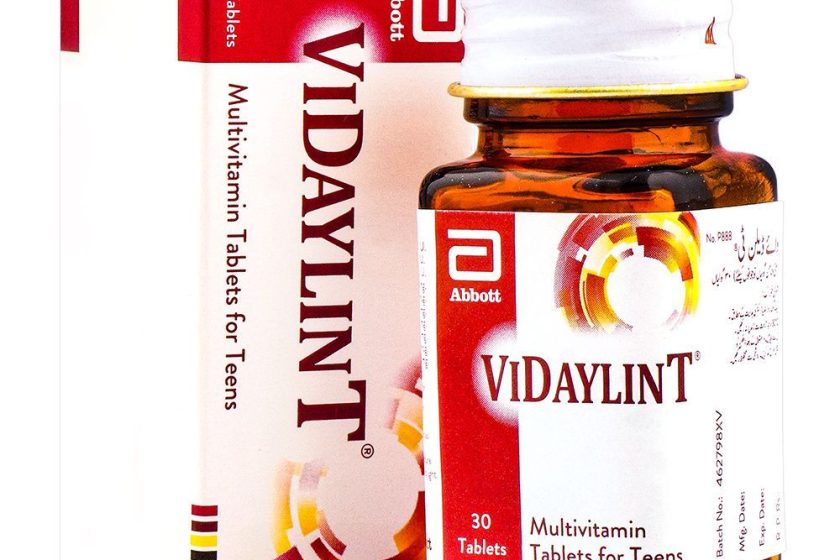Introduction
In recent years, the consumption of multivitamins has seen a significant rise in Pakistan. This trend is not isolated but part of a global movement towards health and wellness. With an increasing awareness of nutritional deficits in regular diets and the fast-paced lifestyle that leaves little room for balanced meals, multivitamins have emerged as a convenient solution for many. In Pakistan, this surge in popularity reflects various socio-economic and health factors that merit a closer examination.
The Rise of Multivitamins in Pakistan
Economic and Social Drivers
The Pakistani market has witnessed a proliferation of multivitamin brands, catering to a wide range of demographics. This growth can be attributed to several factors. Firstly, the economic development in certain urban areas has led to increased disposable income, enabling people to invest more in health supplements. Secondly, the influence of social media and digital marketing has played a crucial role in shaping perceptions about health and wellness, making multivitamins a trendy choice for health-conscious individuals.
Health Awareness and Dietary Gaps
An increase in health awareness amongst Pakistanis has also contributed to the popularity of multivitamins. With rising concerns about poor diet, pollution, and lifestyle diseases, many turn to multivitamins as a preventative measure. Furthermore, given the common dietary gaps in the traditional Pakistani diet, which is often carb-heavy and lacks variety in fruits and vegetables, multivitamins are seen as a quick fix to balance these deficiencies.
Multivitamins: A Closer Look
Composition and Types
Multivitamins available in Pakistan vary greatly in composition and target demographics. Some are general-purpose, covering a broad spectrum of vitamins and minerals, while others are specialized, focusing on specific needs like prenatal vitamins, geriatric formulations, or supplements for athletes. The most common components include vitamins A, B-complex, C, D, E, and minerals like calcium, iron, and zinc.
Consumer Behaviour and Preferences
Consumer preferences for multivitamins in Pakistan vary based on age, gender, and lifestyle. Young professionals often opt for energy-boosting formulas, while older adults may focus on supplements that support bone health and cognitive function. The marketing strategies of multivitamin brands also significantly influence consumer choices, with many opting for products endorsed by healthcare professionals or celebrities.
The Healthcare Perspective
Benefits and Misconceptions
While multivitamins can compensate for dietary deficiencies, there is a growing concern among healthcare professionals in Pakistan about the misconceptions surrounding their use. Many people believe that multivitamins can substitute for a balanced diet, which is not the case. Excessive or incorrect use of multivitamins can also lead to health issues, such as hypervitaminosis or mineral imbalances.
The Role of Healthcare Providers
Healthcare providers in Pakistan play a crucial role in educating the public about the proper use of multivitamins. They advocate for a balanced diet as the primary source of nutrients and recommend supplements only when necessary. This approach is essential to ensure that multivitamins are used as a complement to, rather than a replacement for, healthy eating habits.
Challenges and Opportunities
Regulatory Landscape
One of the challenges in the Pakistani market is the lack of stringent regulation regarding the sale and composition of multivitamins. This situation can lead to the availability of substandard or unverified products, posing risks to consumer health. Strengthening regulatory frameworks is crucial to ensure the safety and efficacy of these supplements.
Future Trends
The future of multivitamin use in Pakistan looks promising, with opportunities for growth and improvement. There is potential for the development of more tailored supplements, catering to the specific needs of different segments of the population. Additionally, increasing awareness and education about the responsible use of multivitamins can enhance their positive impact on public health.
Conclusion
The popularity of multivitamins in Pakistan is a reflection of a broader global trend towards preventive healthcare and wellness. While they offer a convenient solution to dietary deficiencies, it is crucial to approach their use with a balanced perspective. Educating the public about the benefits and limitations of multivitamins, coupled with stronger regulatory oversight, can ensure that they serve as a beneficial addition to a healthy lifestyle. As Pakistan continues to navigate its health and wellness journey, multivitamins will undoubtedly play a significant role, but it is important to integrate them wisely into the broader context of overall health and nutrition.

